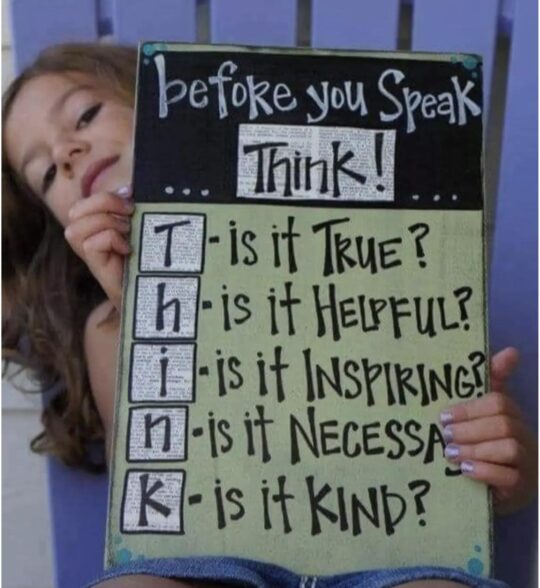Most languages include “Uhm”, a pause filler that allows one to compose, alter, and stall speaking while in conversation with another. So don’t be so quick to count the use of this phrase to disparage the speaker.
Toastmasters’ rules for speech giving aren’t always right, though Grandma’s are –

As you may recall, my former career was Speech-Language Pathology, so I have cred for the opinions I express in this post. It’s true that the human brain can process information many times faster than people can speak, so some apparent inattention is due to thinking. Conversely, speakers often pause while speaking while they edit or re-arrange words and opinions.
“Uhm” is not only allowed when speaking aloud – it’s necessary.
“Uhm” is a conversational placeholder so your listener can’t steal your turn while you’re searching your brain for the correct word to use. It’s ubiquitous and sort of sanctioned in every language of the world. Sometimes one needs an “uhm” for the brain to catch up with his/her mouth. (wink-wink – does this describe you?) “Uhm” is a great stall when you catch yourself about to curse in front of your children. Or this topic is a tough one, such as when you attempt to discuss thermodynamics with your former professor.
Conversation is not a duel – it’s supposed to be a win-win.
“Uhm” is a sign of cognitive effort, as in the scholarly example above, Additionally, people who must simultaneously translate between two languages as they speak will find it a useful tool.
“Uhm” buys time and deserves respect rather than being decried. As a famous Bible example states “He who is without sin, may throw the first stone”… That is, before you dis another speaker for their use of “Uhm”, count the number of times you use the word as a crutch.
In daily conversation, as in daily life, be kind.


I like Grandma’s rules on speaking. I’m getting ready to prepare for a webinar, and I’l remember them. And it’s always important to be kind.
Thanks and I hope your webinar goes well –